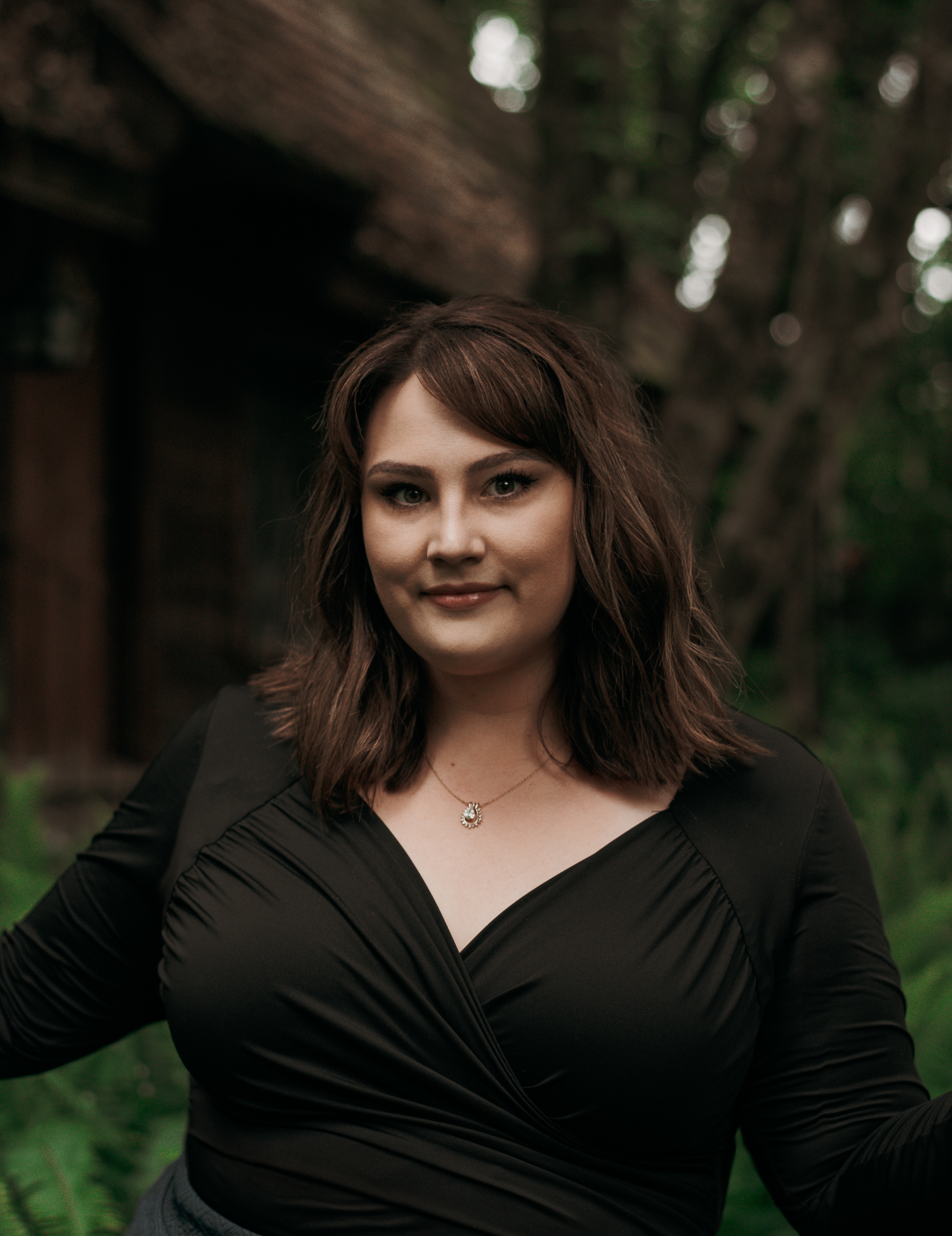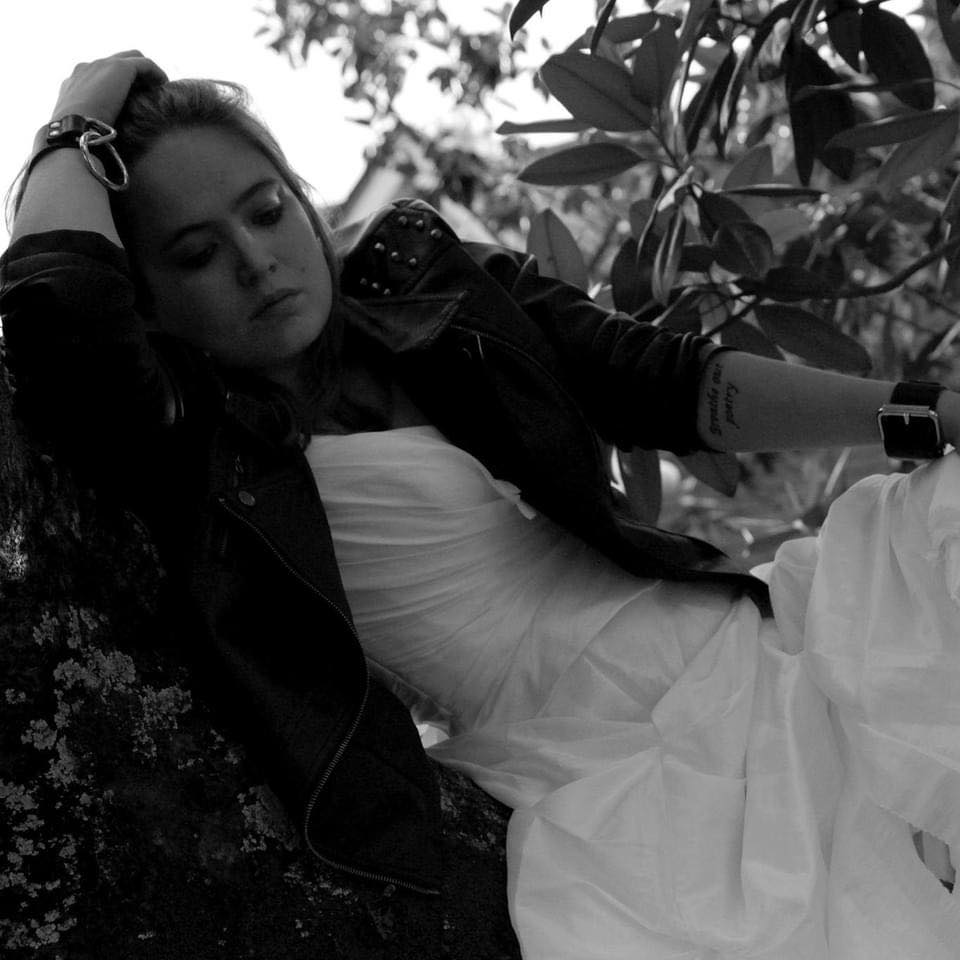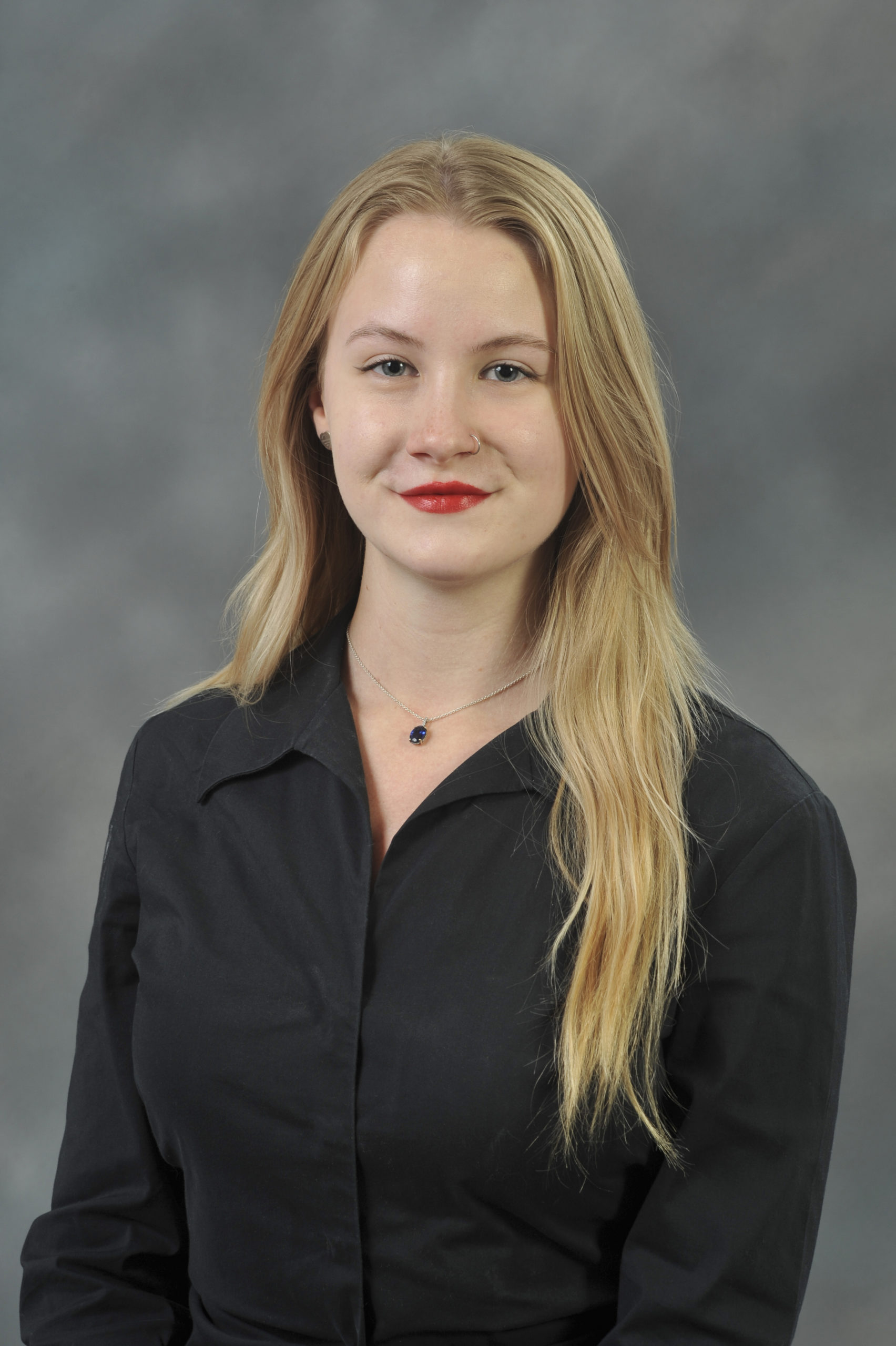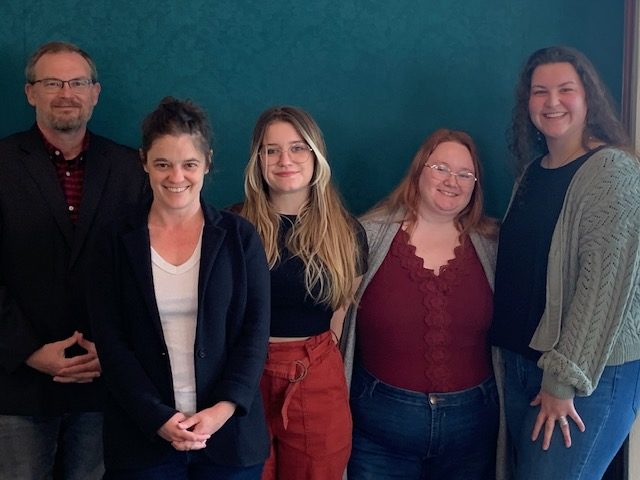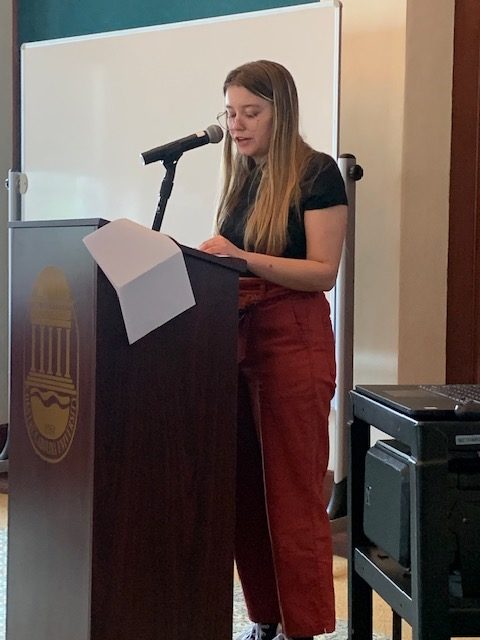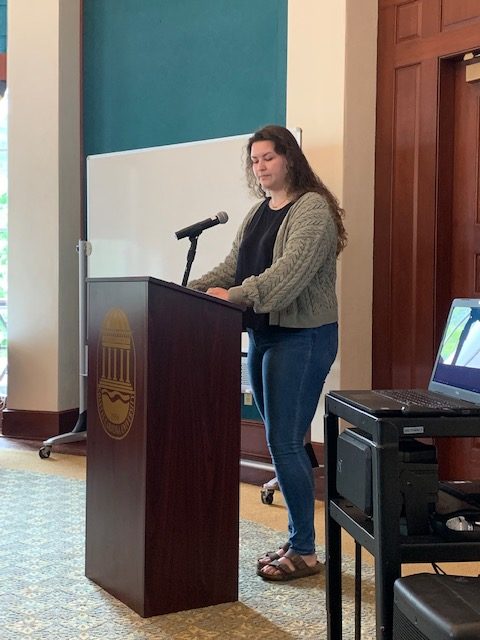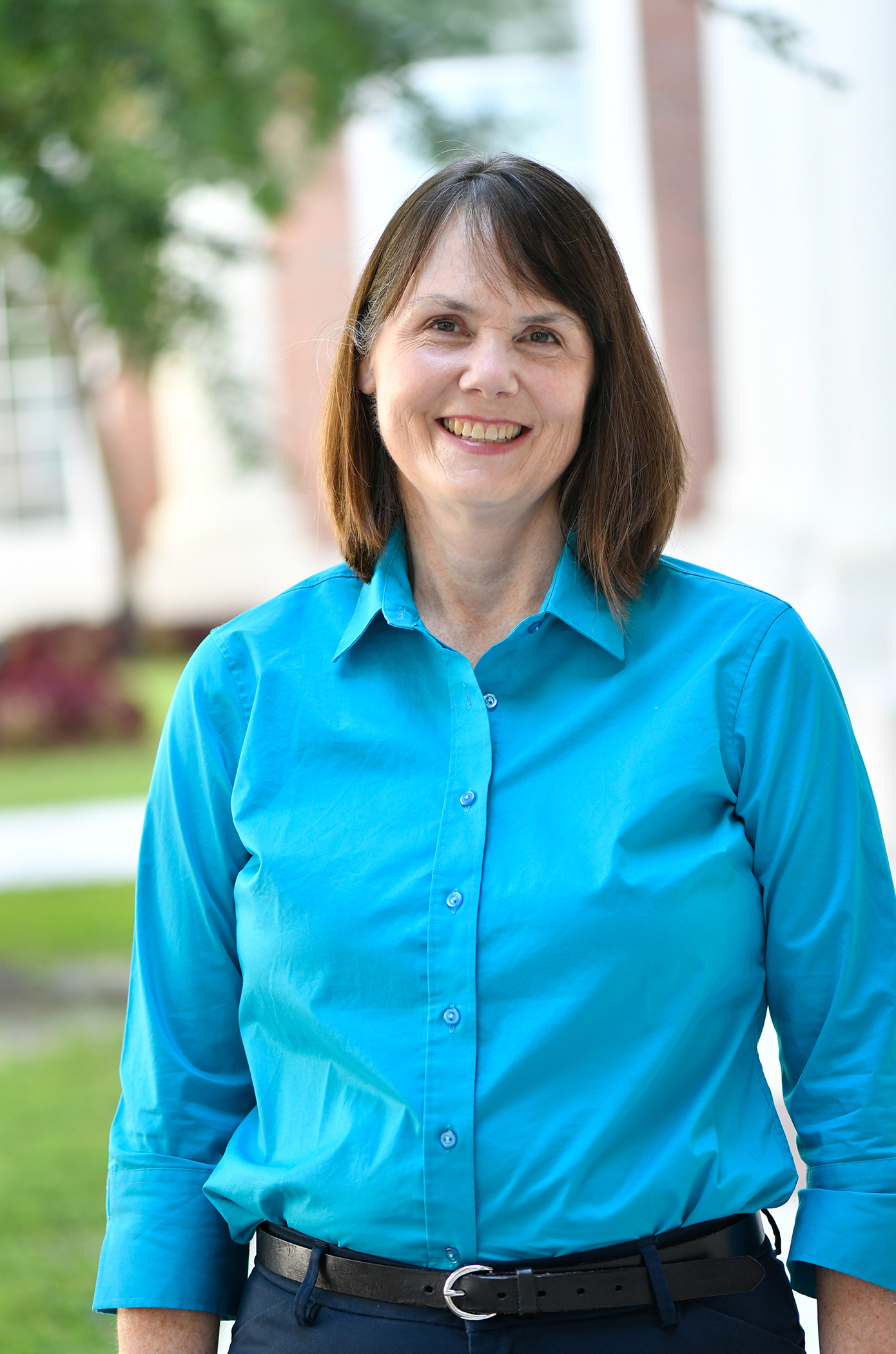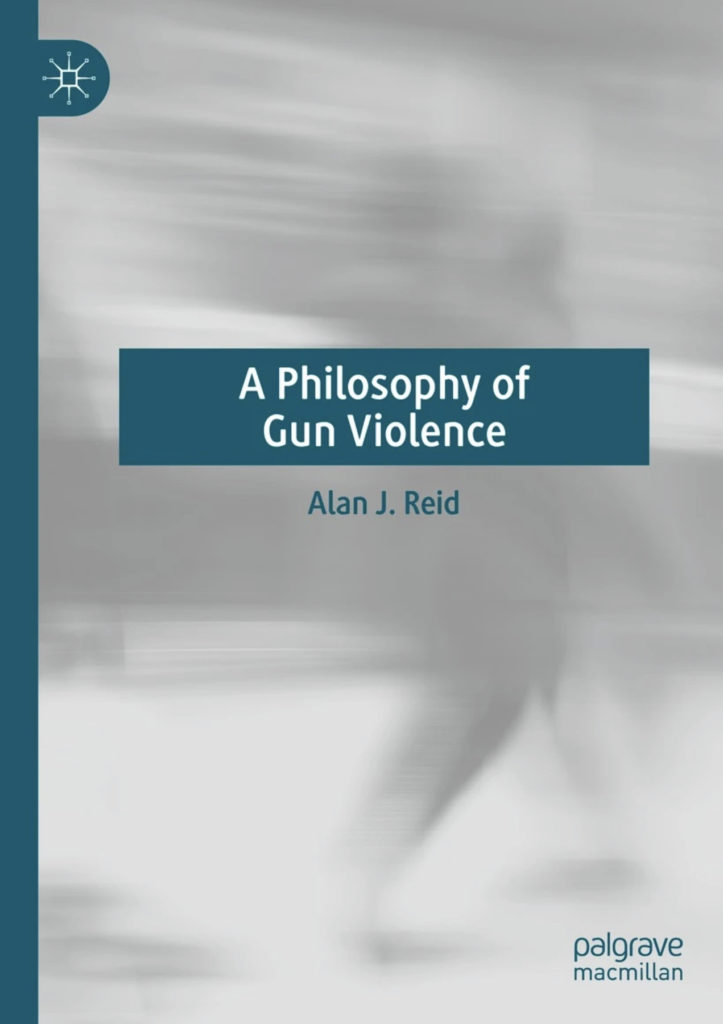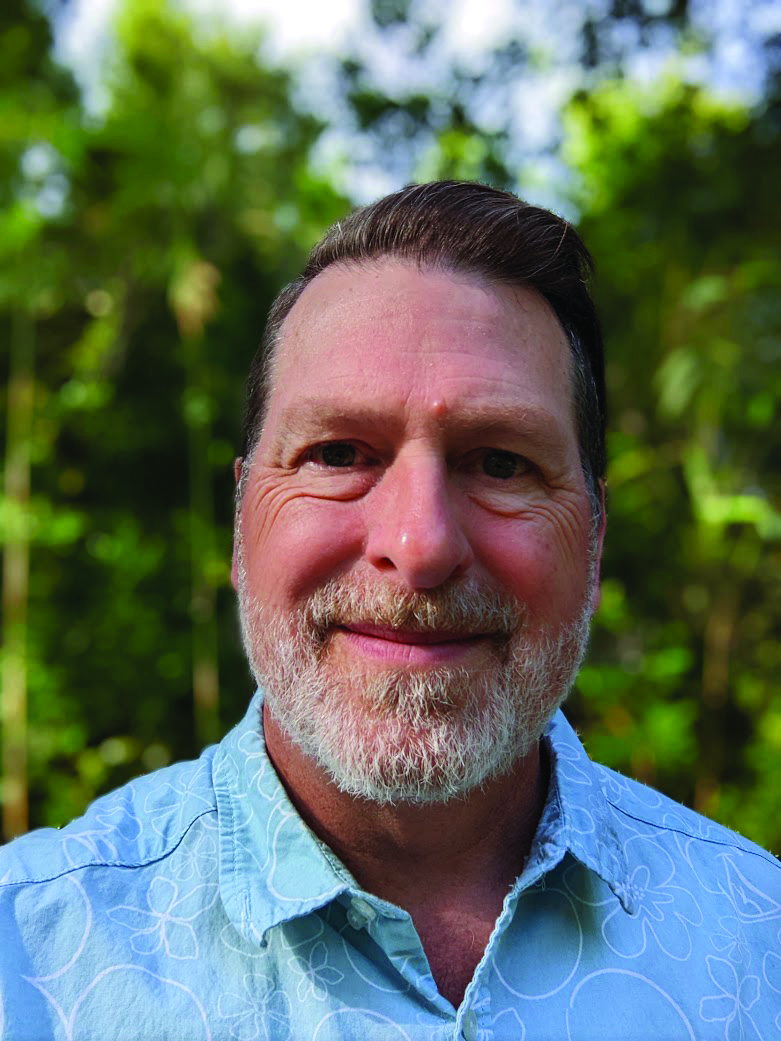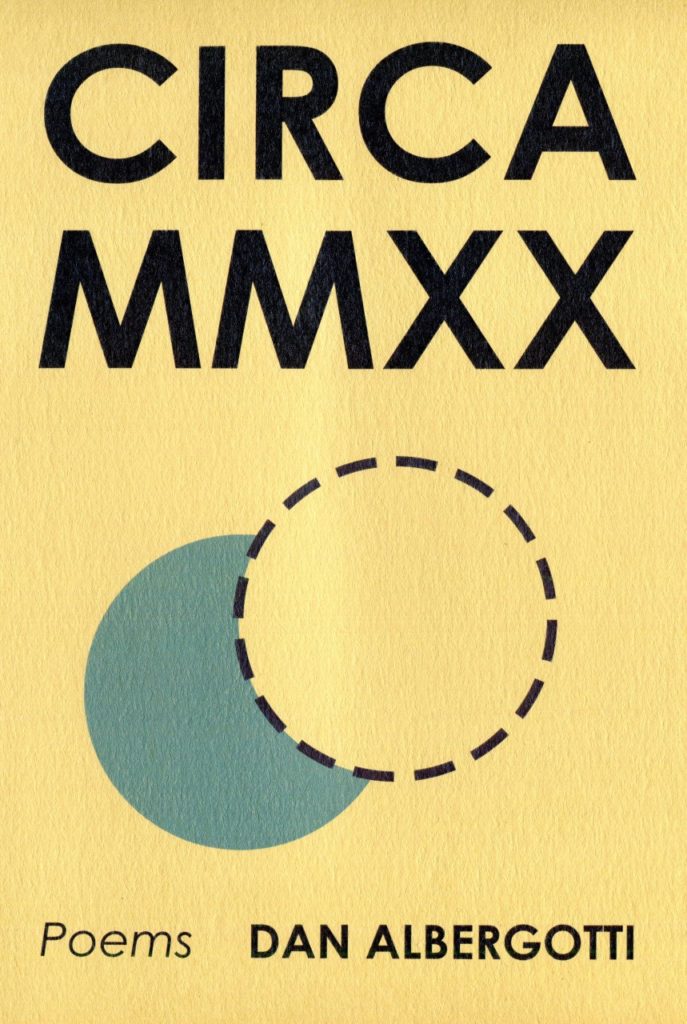Dr. Erin Slaughter always knew writing would play a huge part in her life; however, she never could have imagined the scope of the role it would eventually have. Dr. Slaughter, originally from north Texas, joined CCU this year as Visiting Assistant Professor of Fiction and Creative Writing. She holds an M.F.A. in creative writing from Western Kentucky University and a Ph.D. in creative writing from Florida State, where she was awarded the Edward H. and Marie C. Kingsbury Fellowship, bestowed annually on the graduate student who completes the best original manuscript. She is managing editor of Autofocus and co-founder of The Hunger, both online literary journals.
Creative writing was not Dr. Slaughter’s original plan, however. She first went to school for neuroscience before discovering her passion for writing, which went hand-in-hand with the solace she found in books. Her writing is inspired by gender and feminist ideals, as she finds herself able to relate to these topics and learn how her own experiences are part of a larger story. Dr. Slaughter said, “every good and meaningful thing in my life has come from writing, one way or another.”
Dr. Slaughter has been shaped immensely by the writing community in which she became immersed through her M.F.A., Ph.D., and teaching. All these experiences guide her down an incredibly important path that allows her to share this part of herself with others and guide them as well. In speaking with Michael Wheaton on the podcast “The Lives of Writers” about her journey through writing, Dr. Slaughter explained how she started her career through “trial and error and taking little bits of information and insight along the way.”
When Dr. Slaughter first became a creative writing major, she quickly realized that if she applied the experiences, discoveries, and knowledge that she found along the way of her creative writing journey, she would eventually find something that stuck. This insight has remained with her and her teachings, as she puts an emphasis on just writing on what you think you know or don’t know, and seeing what story comes out of it.
In Dr. Slaughter’s Intro to Creative Writing classes, she also hopes to leave her students with the idea of sharing personal stories and “not being afraid if something is bad or not, and to just be willing to try.”
Dr. Slaughter has released poems that provide incredible insight into her life, The Sorrow Festival being a prominent example, so she has experienced the fulfillment of sharing personal works, and she knows the value of “being vulnerable and open to yourself, spiritually and emotionally and physically.” However, as she grows into her writing, she also wants to treat herself with more dignity and self-love and hopes to emphasize that through her future work.
Dr. Slaughter has used her skills and experiences to publish numerous works, including short story collection A Manual for How to Love Us (2023); poetry collections The Sorrow Festival (2022)and I Will Tell This Story to the Sun Until You Remember That You Are the Sun (2019); and poetry chapbooks GIRLFIRE (2018) and Elegy for the Body (2017). Dr. Slaughter completed a press tour for her short story collection earlier this year and highlights the story “We Were Wolves” as one of her favorites in the book.
Dr. Slaughter is currently working on her first novel and credits the work she does for it as a “humbling experience in a necessary way.” She is extremely excited for the remainder of this semester and semesters to come.
